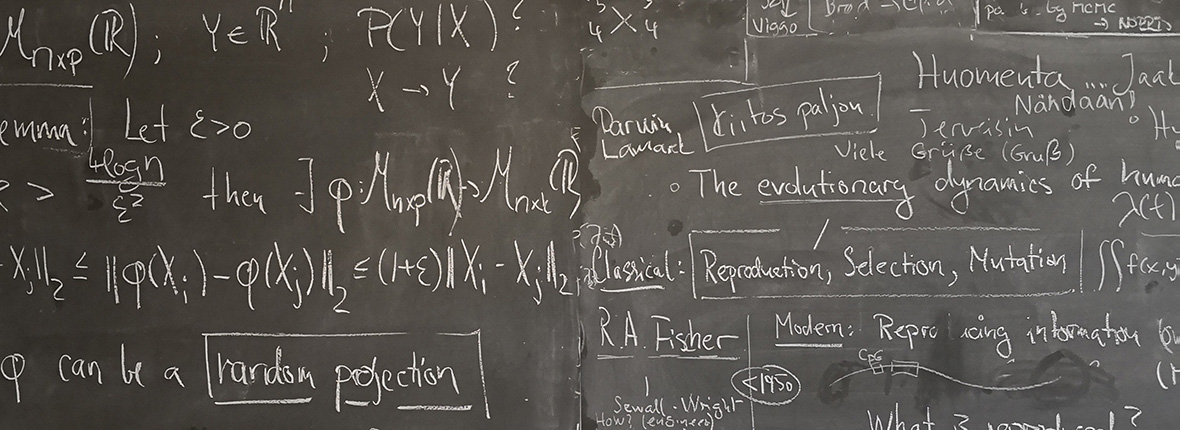
Adjunct Professor in Biostatistics at EBB, SDU Health
Christian Bressen Pipper, Senior Statistical Advisor, Biostatistics and Pharmacoepidemiology, LEO Pharma A/S
Christian Pipper is educated in mathematical statistics from University Copenhagen. He defended his PhD entitled “Statistical analysis of multivariate failure time data” in 2003. Following that he has worked as a statistician at SSI, University Hospital Gentofte, and as associate professor of biostatistics at University of Copenhagen. In 2018 he took up a position as statistical methodology advisor at LEO Pharma A/S, where he currently works. He is associate editor of International Journal of Biostatistics, board member of Danish Society of Theoretical Statistics, and member of estimand implementation working group under PSI, Statisticians in the Pharmaceutical Industry.
The main focus of his research has been on developing new inference procedures and models for time to event data facilitating both flexible modelling, efficient analysis, and accessible summary measures of effects. During the last teen years part of Christian Pippers research has also been dedicated to multiple testing issues and adaptive trial designs. He is currently working on a number of projects within the following areas: self-controlled designs for investigating drug safety; Bridging registry data and randomized controlled trials using the estimand framework; adaptive bioequivalence trials.
Christian will be collaborating with the Biostatistics research group at SDU on recent developments in design of studies, causal reasoning and time to event modeling with general applications in health science, epidemiology in particular.
In his spare time he enjoys outdoor activities including fishing, hunting, and crossfit.
A statistical journey towards good answers
Inaugural Seminar: June 2nd, 2021.
ABSTRACT: I think we can all agree that the biggest merit of statistics is its ability to robustly summarize empirical evidence to support decision making. When I started my career as a statistician roughly 20 years ago this was done focusing on flexible statistical models and efficient estimation in order to provide correct answers and precise quantifications of treatment (or other) effects no matter how oddly data behaved.
In those days not too much thought was given as to whether the resulting answers we gave made sense to our non-stat collaborators. Luckily for everyone this has changed towards focusing on defining and targeting relevant treatment effects utilizing tools like causal reasoning and the estimand framework.
In this talk I will exemplify how this has changed my research focus all the way from semiparametric inference for multivariate time to event data to methods for providing relevant quantifications of treatment interventions in randomized controlled trials.